Multifocal contact lenses are designed to help provide clear vision for people with refractive errors and people who are experiencing age-related decline in vision.
If you are experiencing signs of vision decline, multifocal contact lenses may be right for you. Read on to learn more about these corrective options, how they work, and what it means for you.
How Do Multifocal Lenses Work?
Different multifocal lenses work in different ways, depending on the design. The designs fall into two basic groups:
- Simultaneous Vision Designs This multifocal contact lens design has specific regions of the lens that are designated for near and far viewing (and occasionally intermediate) and, unlike progressive or bifocal glasses, does not require you to look in a certain direction to see clearly. E.g. you do not have to look downward to read.
- Segmented Designs This rigid gas permeable lens is designed more like bifocal and trifocal eyeglasses, with the segments of the lens containing the appropriate power for viewing the objects you are looking at. This design is rarely used in modern lenses.
Types of Contact Lenses
There are many different types of multifocal contact lenses. Each one offers different benefits and drawbacks. Let’s give you a rundown on each type.
- Concentric Concentric multifocal contact lenses are made with one power in the centre of the lens, with concentric rings of near and distance prescription material surrounding it.
- Aspheric Aspheric multifocal lenses are similar in design to progressive lenses. There is a gradual shift in power from far to near, with no visible lines in the lenses.
- Segmented Segmented contact lenses work in a similar fashion to bifocal eyeglasses. They are made of rigid gas permeable material and have two segments with an obvious line of separation between the distance correction on the top and the near correction on the bottom.
Drawbacks
Multifocal contact lenses can be a great option for many, but that doesn’t mean they are without drawbacks. Some of these include:
- Price They can be more expensive than traditional lenses, which may be a barrier for those on a budget.
- Visual Inconsistencies These lenses can sometimes lead to optical inconsistencies, such as nighttime glare or seeing shadows in low light. There may be some compromise on crispness of vision at one distance in order to improve vision at another distance.
Are Multifocal Contact Lenses Right for Me?
Multifocal contact lenses can be very beneficial and helpful in correcting your vision, but that doesn’t mean they are the perfect option for you. Your optometrist can tell you, based on your specific prescription and lifestyle factors, whether they would be a good option for you.
We encourage you to contact Optometrists’ Clinic and make an appointment with an optometrist for a full assessment at one of our clinics in Edmonton, Leduc and Westlock.




